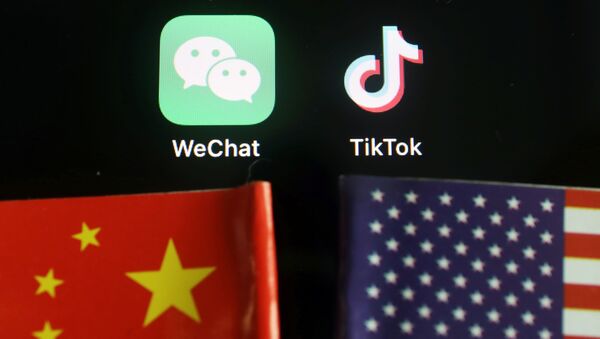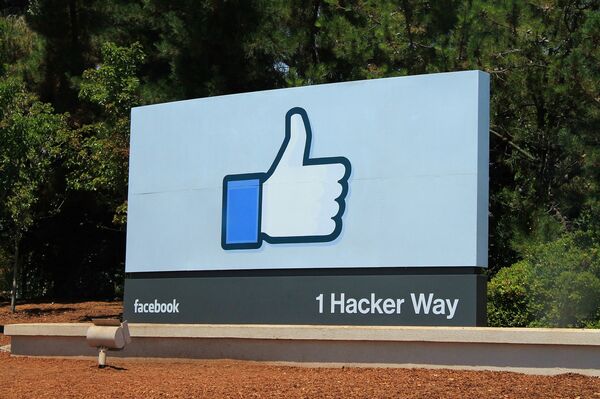China’s widely-popular WeChat app has been making headlines recently, alongside video-sharing social networking service TikTok, after they became the target of a newly-issued executive order from US President Donald Trump, seeking to prohibit transactions on the platform by any person or involving any property under the United States' jurisdiction, due to cited national security concerns. The order, lobbed at the apps, echoes similar moves taken against Shenzhen-based tech giant Huawei and other Chinese firms.
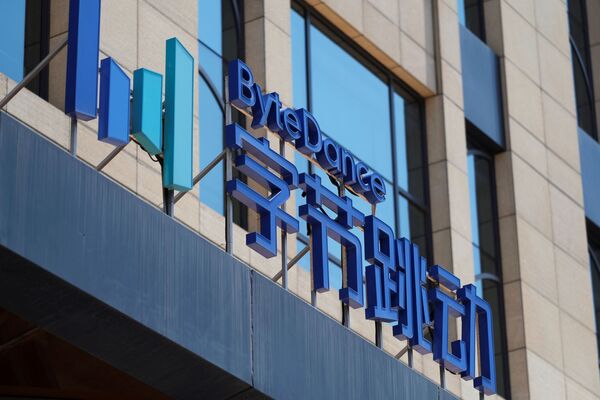
However, it’s worth noting that the popular texting app WeChat, which is used in China for handling a broad range of aspects of daily life, can be said to have triggered an intriguing “arms race” among American tech giants, such as Facebook, Google and Apple, writes Business Insider.
The Tencent-owned Chinese messaging app WeChat, which has become embedded into the lives of hundreds of millions of people in China, launched in 2011 and was initially used to send audio and text messages as well as post pictures, or 'Moments'.
The messaging platform launched its "mini apps" feature in 2017, allowing users to access apps within it without downloading them on their phone.
Since then, WeChat has become the centrepiece of daily life in China; it is the epitome of a single “do-it-all” app, offering users the opportunity to do everything from book flights and doctor's appointments, to make payments, transfer money, pay utility bills, shop, and even file for divorce, writes the outlet.
Companies like Facebook, Apple, and Google, not to be outdone, entered the fray, and sought to refit their digital messaging offerings to match WeChat's versatility.
Thus, the US tech giants similarly started to allow third-party apps and services to plug into their own messaging platforms.
Not all efforts took off, however, writes the outlet, with the exception of Apple's iMessage, with Facebook and Google subsequently “pivoting” the directions of their digital messaging apps.
In 2016 Facebook undertook an attempt to transform its Messenger chat app into a platform, seeking to transform it into a more “all-encompassing hub”, along the lines of WeChat, used for making business interactions, books and playing games.
However, the approach was later partially abandoned in favour of enhancing the Messenger app’s speed and communication focus, in a race to compete with Snapchat, introducing a rehashed version of Messenger earlier in 2020, that dropped the "Discover" tab for finding services that work within the app.
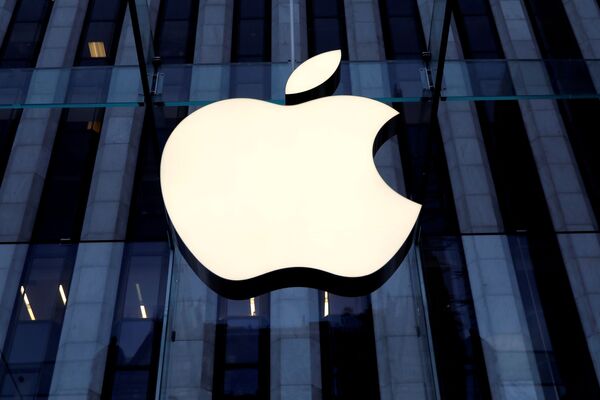
Also in 2016, Apple began allowing third-party apps to plug into its iMessage texting app, and currently offers its own mini App Store.
Accessible directly within a text thread, it allows users to download sticker packs, keyboards, and games.
App Clips, a novel iPhone feature, was also unveiled by Apple, and is set to launch in the company's iOS 14 software update this autumn.
App Clips enables users to access certain features of apps without having to download and install them on one’s phone.
Thus, one can scan a code on a parking meter and pay from one’s phone without having to download a corresponding app for the purpose.
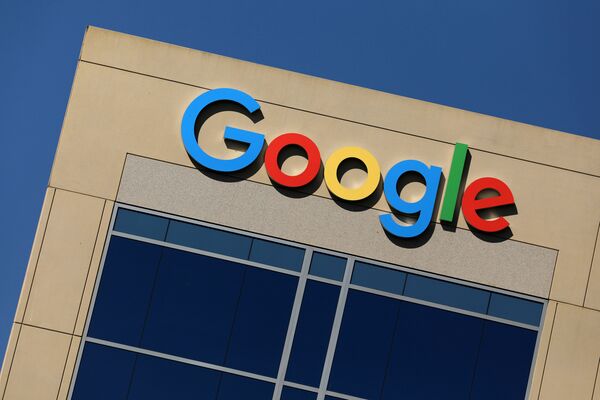
Google was not going to be left in the dust, and launched a messaging app in 2016 called Allo.
The now-defunct app provided a built-in Google Assistant, allowing users to ask questions and perform diverse routine tasks, like booking reservations while remaining within the chat thread.
However, towards the end of 2018, Google stopped supporting Allo, redirecting its focus on its Messages app for Android.
Thus, China’s WeChat served as a trailblazer, writes the outlet, proving that messaging apps could be useful for so much more than just communication, and seemingly inspiring other tech companies to pick up the pace.

